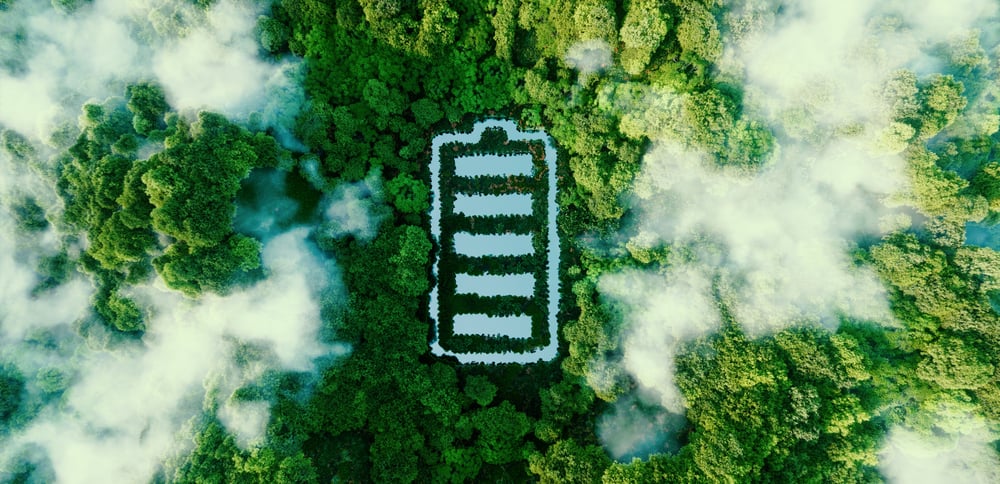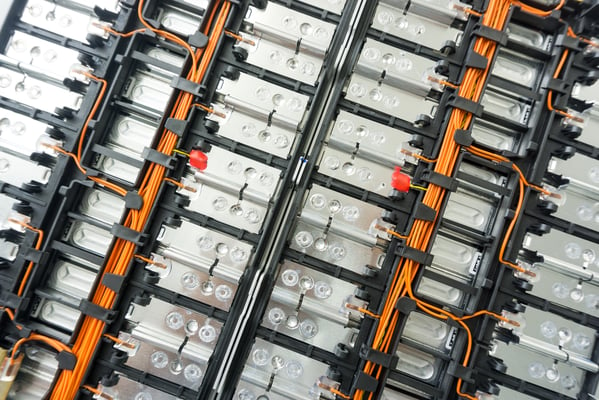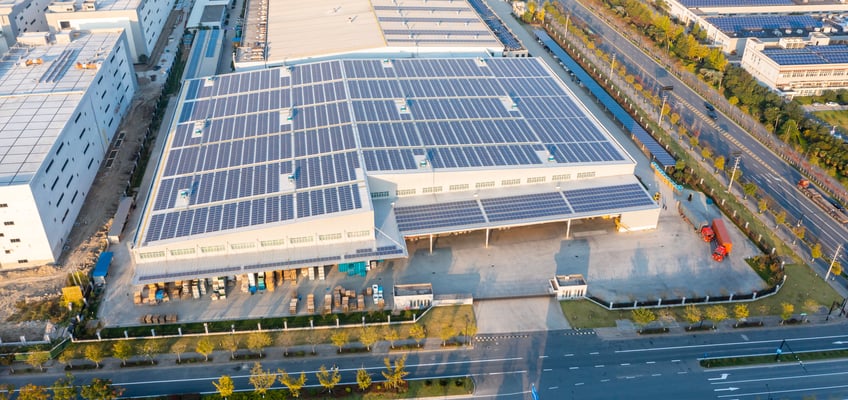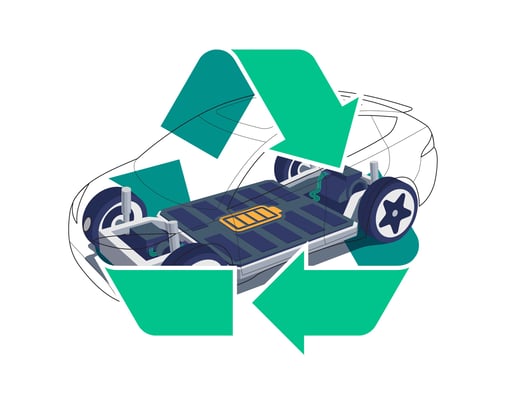
The future of our planet’s resources
We worry about environmental changes and elevated temperatures. We buy electric cars instead of fossil fueled cars. We never stop searching for better ways to produce what we need and to organise our lives. Why? The answer lies in our hearts and heads. We care about Mother Earth and our fellow humans, and we want to make a difference. We have to make a difference!
Borrowing the resources
Humans should have a mindset that coincides with nature’s mindset. We are, after all, living in the very same ecosystem, benefiting from each other’s resources, limitations, strengths and weaknesses. And nature’s mindset is circular in every aspect. All life is made by nature, serves a purpose, is taken back by nature and then serves another purpose. And so on. Nature is perfect and already sorted.
The circular economy
We could and should transfer the ideology of circularity to the materialistic use-and-discard system we live by today. Giving most of the things we produce a circular life instead of a linear. We could «borrow» nature’s resources on two conditions; that we made sure to utilise them with much thought and consideration, and gave them back in the same perfect condition as they were in when we obtained them.
The amount of waste we produce in a linear economy is enormous, and the costs of all the waste come at the expense of the possibility to choose organic materials in the production, to use renewable energy, sustainable packaging, and last but not least, to offer the products at affordable prices to the customers. The advice is clear; get rid of the waste, save money, and reinvest them in measures that support a circular economy business strategy.
It’s not just a matter of responsibility to carefully protect the planet’s valuable resources. We won’t be able to maintain easy access to resources for long with the speed we are going at today. It’s not sustainable. We have to start rethinking the way we organise our economy.
Don’t worry – it has already started. These are actually some of the environmental goals that the majority of the global community agrees on working towards. A circular economy with sustainable production and consumption, and an intelligent use of renewable energy.
The energy transition
The ongoing shift from fossil-based energy such as oil, natural gas and coal, to renewable energy from clean sources like the sun, wind and water is a crucial part of the overall environmental strategy. Emission of greenhouse gases like carbon dioxide from fossil energy causes the temperatures to rise, and climate changes like flood, storms and fires to occur.
Zero emissions by 2050
«The European Green Deal» - a set of political initiatives made by the EU, aims to reach a level zero of greenhouse gas emissions in the EU by 2050. Achieving that goal would make the EU the world’s first climate neutral bloc. It will require great focus and consistency from all the countries, and different sectors, such as construction, biodiversity, energy, transport and food have to be involved.
Europe has for a long time been working towards renewables, but the critical situation over the past year, primarily caused by the war in Ukraine, has forced the EU to speed up the process. We can’t rely on gas importation from Russia, we have to get more self-sufficient, especially in terms of secure energy production. Neither is it in the EU's best interest to keep importing products from countries where corruption and violations to human rights is present.
Fortunately, investors are focused on ESG (Environmental, Social and Governance) factors when they scan the business market for interesting and profitable investment objects. This will force forward a shift in the green direction for many companies, in order to stay competitive. Investors demand transparency and clarity regarding factors like resource origin, production methods, employee policy, and maybe most important, end of product life.
The automotive transition
The number of electric vehicles in the world is forecasted to reach 125 million by 2030. That’s a staggering increase of more than 4000 %, going from 3 million today. No need to say that this development will cause an extreme pressure to the mineral extraction business, for instance the lithium mining, which is already at a risky stage. In a global sense because of its pollution and ruthless exploitation of natural resources. From a local perspective, because of the hazardous and illegal working conditions and extended use of child labour.
If we are able to reduce the mining activity by reusing EV batteries and solar arrays, giving them a second life, maybe even longer than their first life, and then recycling them almost to a 100 % degree, we have come a big step on the way towards a circular economy.
Reusing batteries for energy storage
As an innovative part of the automotive transition, ECO STOR delivers state-of-the-art technology for battery energy storage. We take batteries from electric cars, control them thoroughly for potential reuse, and put them in stacks. Thus offering our customers a turn-key system for storing energy from both the electrical grid and from renewable sources like the sun, wind and water. Electricity becomes more affordable and stable because you can buy or utilise energy when it’s at lowest cost or when it’s possible, and then store it for later, when you need it.
Read more about how our battery energy storage system (BESS) works here!
A bright future
Not only will the environmental measures we implement benefit the health of the earth, they will also create more jobs and career opportunities worldwide. We will need a lot more people to work in recycling, repairing, renting and sharing systems. The circular economy will also encourage growth and improve the business economy and innovation by reducing waste, using fewer virgin materials and more recycled products. This will make the companies more hardy to volatile material prices and supply chain disruptions. It’s a future win-win situation.
So join us in the global movement towards a clean future!
Contact us for more information about how to optimise your energy consumption!




